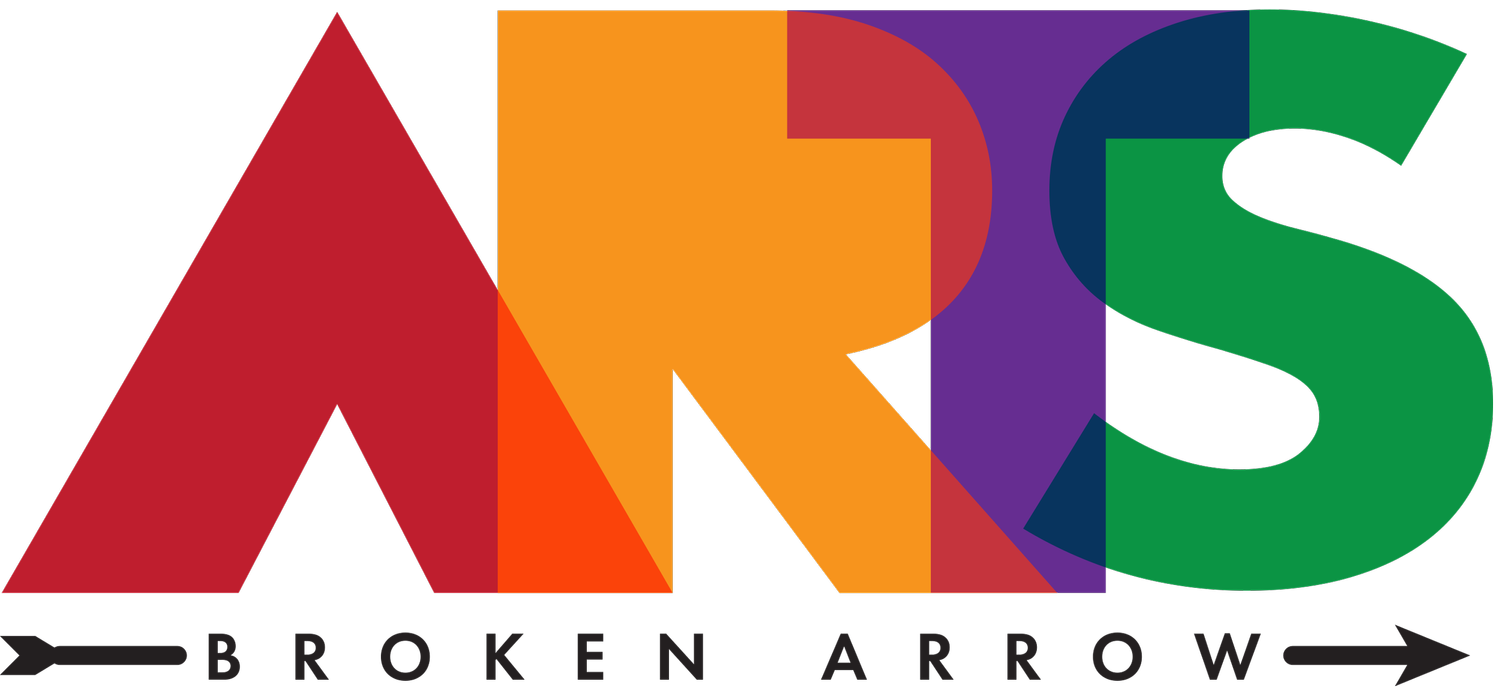Speech/Debate Curriculum
In addition to the many resources found within each of the disciplines, here are some helpful links to assist you with learning more about Oklahoma’s fine arts educational curriculum:
• State Department of Education Curriculum Frameworks
• Oklahoma Fine Arts Academic Standards
SPEECH AND DEBATE PROGRAM
COURSES
Speech I (Public Speaking) (Grades 10, 11 and 12)
This one-semester course offers an overview of the process of communication and provides a variety of public speaking experiences. Students will develop critical speaking and listening skills. Required speeches are the self-introduction speech, the informative speech, the persuasive speech, and the speech for a special occasion.
Speech II (Oral Interpretation) (Grades 10, 11 and 12)
Oral interpretation is the art of reading, analyzing and interpreting drama, prose, and poetry through performance. This course will offer students opportunities to practice in the major speech forms: Expository, persuasive, debate, original prose and poetry, impromptu, congress, and literary interpretation. Students will also work on critical thinking, writing and research skills. Oral Interpretation is valuable for all career choices, as well as everyday life. In addition, the course offers students a chance to perform outside the classroom at community and school sponsored events.
Speech Team (Grades 10, 11 and 12)
Competitive Speech is a required class for students chosen to be on the speech and debate team and is offered as a 7th hour elective. Students from grades 9-12 may enroll in this class so long as they are enrolled in or have completed Speech 1. This class emphasizes “Public Forum” and traditional “Lincoln-Douglas” debate events as well as individual speaking events. From a competitive standpoint, this class is application and practice of concepts learned in Debate 1 and 2 with a goal of excelling in local and national competitive speech.
AP Seminar (Grades 11 and 12)
AP Seminar is a year-long course that has students investigate real- world issues from multiple perspectives. Students learn to synthesize information from different sources, develop their own lines of reasoning in research-based written essays, and design and deliver oral and visual presentations, both individually and as part of a team. In May, students should plan to take the Advanced Placement exam for possible college credit (Colleges determine credits earned). A fee is charged to take the AP exam. This course will count as a Speech credit.
Debate I (Grades 10, 11 and 12)
Students will initially learn about and practice structured extemporaneous speeches with emphasis on verbal and nonverbal delivery skills (organization, projection, inflection, eye-contact, hand gestures, and more). Students will then build a foundation for effective argumentation and advocacy (claim/warrant/evidence) by participating in “SPAR” debates and congressional debate. Ultimately students will present debate cases on both sides of a Lincoln Douglas debate using the official National Speech and Debate Association debate resolution. Special emphasis will be placed on critical thinking and listening skills as well as argument resolution. This class is ultimately for students who want to explore debate in a noncompetitive environment. Interested students may choose to audition/interview for the Broken Arrow Speech and Debate team.
Debate II (Grades 10, 11 and 12)
Students will continue the study of debate by examining the structure, strategy, and harmonious interplay necessary for team debate. Students will primarily study Public Forum, World School’s Debate, and Ethics Bowl. Emphasis will continue to be on argumentation, research, with special attention paid to collaboration and intra-squad communication. This class is ultimately for students who want to explore debate in a noncompetitive environment. Interested students may choose to audition/interview for the Broken Arrow Speech and Debate team.
Debate III (Grades 10, 11 and 12)
Students will continue the study of debate by examining the structure, strategy, and harmonious interplay necessary for team debate. Students will primarily study Public Forum, World School’s Debate, and Ethics Bowl. Emphasis will continue to be on argumentation, research, with special attention paid to collaboration and intra-squad communication. This class is ultimately for students who want to explore debate in a noncompetitive environment. Interested students may choose to audition/interview for the Broken Arrow Speech and Debate team.
Debate IV (Grades 10, 11 and 12)
Students will continue the study of debate by examining the structure, strategy, and harmonious interplay necessary for team debate. Students will primarily study Public Forum, World School’s Debate, and Ethics Bowl. Emphasis will continue to be on argumentation, research, with special attention paid to collaboration and intra-squad communication. This class is ultimately for students who want to explore debate in a noncompetitive environment. Interested students may choose to audition/interview for the Broken Arrow Speech and Debate team.
Debate Team (Grades 10, 11 and 12)
Competitive Debate is a required class for students chosen to be on the speech and debate team and is offered as a 7th hour elective. Students from grades 9-12 may enroll in this class so long as they are enrolled in or have completed Debate 1. This class emphasizes “Public Forum” and traditional “Lincoln-Douglas” debate events as well as individual speaking events. From a competitive standpoint, this class is application and practice of concepts learned in Debate 1 and 2 with a goal of excelling in local and national competitive debate.


